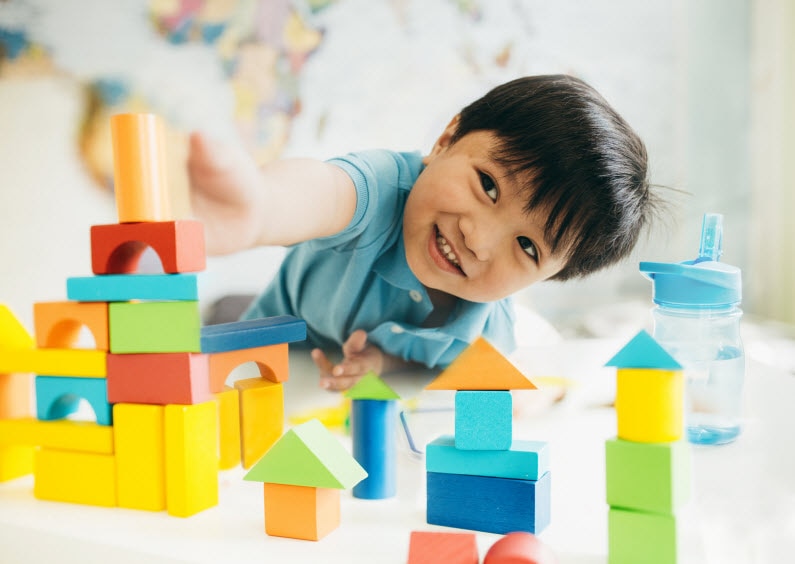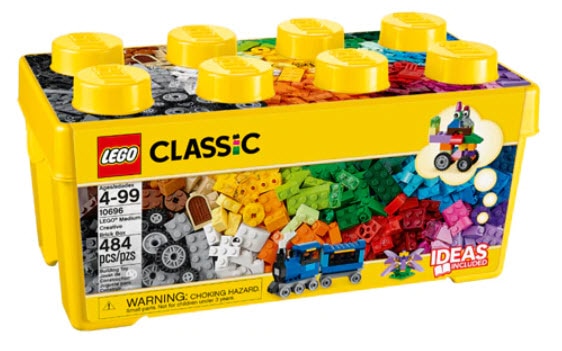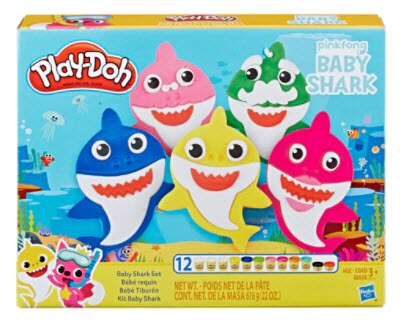Does play have a point? The correct answer is no—but that is the point. Play’s lack of agenda—is precisely what makes it so rewarding, and conversely, so productive. It demonstrates a way of knowing, doing and creating value in and of, for itself.
But what exactly is play, anyway? Hard to pin down, some of the key tenets of play is that it is an activity that is intrinsically motivated, entails active engagement, and results in joyful discovery. In addition to pleasure, it’s also about taking risks, experimenting and testing boundaries.
According to the article “The Power of Play: A Pediatric Role in Enhancing Development in Young Children,” published in Pediatrics journal, “Play is voluntary and often has no extrinsic goals; it is fun and often spontaneous…Play often creates an imaginative private reality, contains elements of make believe, and is nonliteral.”
The beautiful thing about play is that it’s not outcome-driven: Play is done for its own joy and can take you out of time and into a flow state. For children, play is indispensable, building executive functioning, social-emotional skills, self-regulation and contributing to school readiness overall.
Children who are play-deprived may reveal certain patterns of behavior, such as crankiness, rigidity, or passivity. Furthermore, play supports the formation of the stable and nurturing relationships that children need to thrive.
Here are seven scientific reasons why child’s play, however simple, is absolutely critical to your kid’s health.
The Benefits of Play for Children
Nourishes the brain
For children, play usually enhances curiosity, which facilitates memory and learning. Basically, play helps young brains develop. Play develops thought analysis and decision making, both of which are essential to problem solving. Plus, pretend play helps foster abstract thought and the ability to envision other perspectives, scientists say.
Supports pro-social behavior
When left to their own devices, young kids learn to negotiate social boundaries through playtime, figuring out on the fly what constitutes a fair set of rules. Children learn to resolve conflicts and develop self-advocacy skills and their own sense of agency and interests. A 2006 study called play the “primary means” through which kids develop social skills and learn to interact with their peers.
Encourages physical activity
Less than half of American kids today get the recommended 60 minutes of intense physical activity per day. Hide and go seek, tag, bike rides, street soccer—play is exercise masked as fun.
In this epidemic of sedentariness that affects people of all ages, the health benefits of play that involves physical activity are many.
Exercise not only promotes healthy weight and cardiovascular fitness but also can enhance the efficacy of the immune, endocrine and cardiovascular systems. Outdoor play offsets the nature deficit that plagues most children and provides them with the opportunity to improve their sensory integration skills.
Reduces stress
Even if play isn’t physically strenuous, it can reduce stress and tension. A 2009 study found that playing fun, easy to play video games rather than more aggressively violent ones for 20 minutes could improve mood and reduce stress. In another study, 3- to 4-year-old children, nervous about entering preschool, were two times more likely to feel less stressed when allowed to play for 15 minutes, compared to classmates who listened to a story.
The safe relationships that play builds can buffer against toxic stress and enhance social-emotional resilience. According to the previously mentioned article on the power of play, “the mutual joy and shared communication and attunement (harmonious serve and return interactions) that parents and children can experience during play regulate the body’s stress response.”
Improves sleep
The more time kids spend engaging in physical activity, the easier sleep will come. In both adults and children, for example, moderate activity (such as walking) is associated with better quality sleep. Playing outside gives kids even more bang for their buck. A 2013 study found that spending time outdoors, away from screens and immersed in natural light, shifts the cycle of sleep hormones and made it easier to fall asleep earlier.
Fosters creativity
The old adage is true: “all work and no play makes Jack a dull boy.” Explicit instructions limit a child’s creativity. Learning through observation and active engagement rather than passive memorization or direct instruction helps kids strengthen their creative muscles. Playtime allows kids to explore new ideas, make up stories, express their imaginations and experiment. Many studies suggest that adult success in later life can be related to the experience of childhood play that cultivated creativity, problem solving, teamwork, flexibility and innovations.
Breeds happiness
Play enlarges and reinforces your capacity for pleasure. One recent study, on gaming, nonetheless, suggests that experiences of competence and social connection with others through play may contribute to people’s wellbeing. Indeed, those who derived enjoyment from playing were more likely to report experiencing positive well-being. Play—your brain’s favorite way to learn—is an intrinsic part of what gives life meaning, and ironically, purpose.




